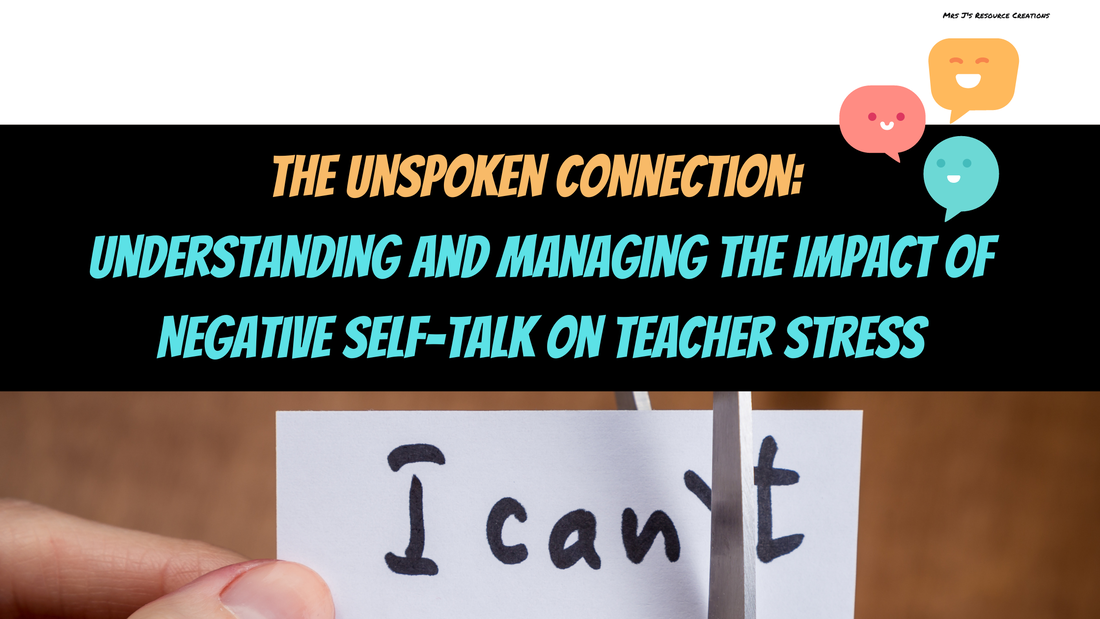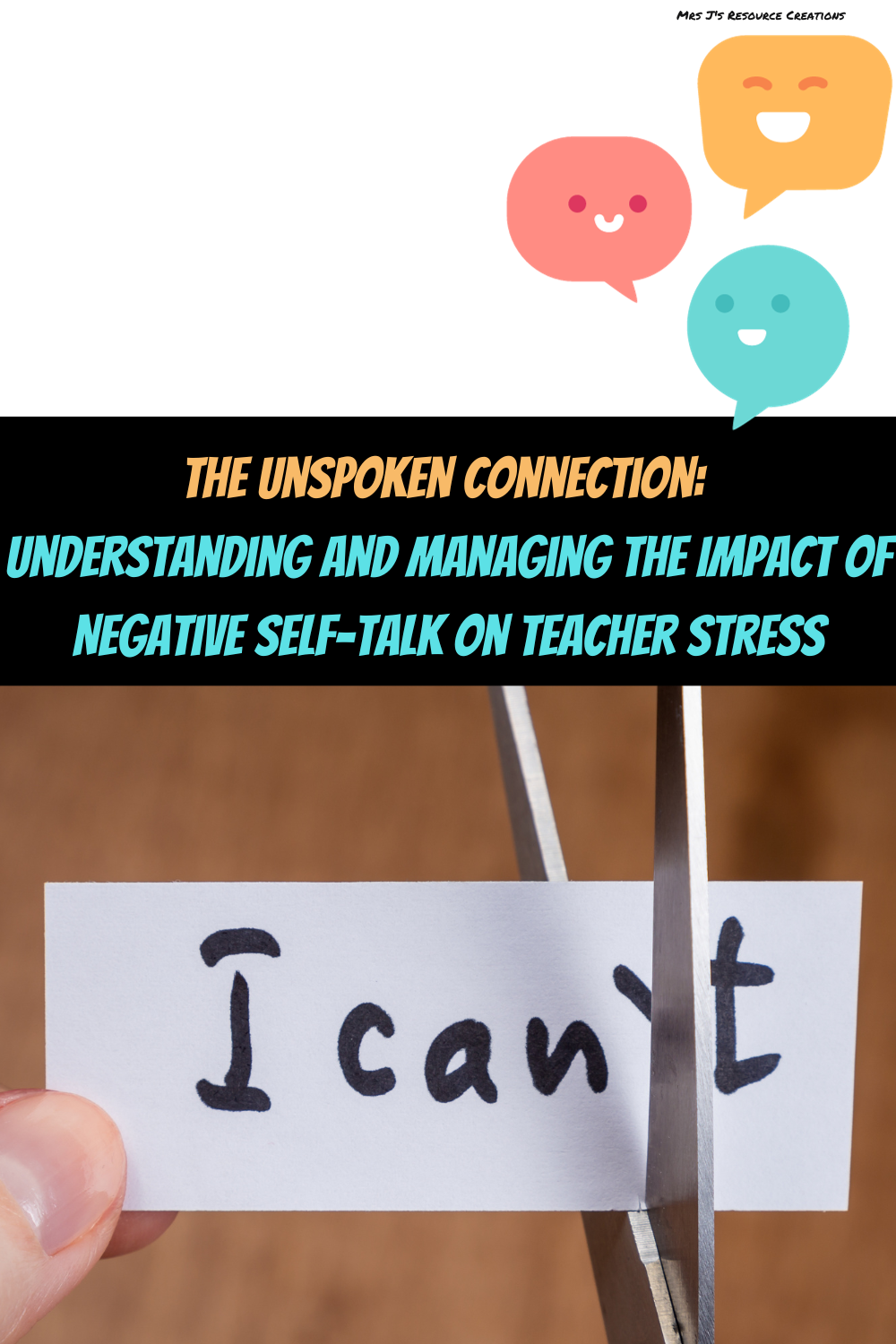- Blog
-
Teacher Resources
- Shop
-
Video Library
-
Math Mystery Video Hooks
>
- Case of the 100 Missing Treats
- Case of The Abducted Alien
- Case of The Alien Apocalypse
- Case of The Angry Adder
- Case of The Bee Bandits
- Case of the Christmas Chaos
- Case of the Construction Crew Conundrum
- Case of the Cursed Classrooms
- Case of The Disappearing Donuts
- Case of The Divided Dragon's Division Review
- Case of the Diwali Delights Dilemma
- Case of The Dream Snatcher
- Case of The Egg Thief
- Case of The Forgetful Pharaoh
- Case of The Furious Falls Winds
- Case of the Giant Goblin
- Case of The Gobbler's Curse
- Case of The Graduation Gremlins
- Case of the Great Zoo Escape
- Case of The Greedy Gnome
- Case of the Halloween Heist
- Case of the Heartbroken Heroes
- Case of the Invisible Illusionist - Integers Math Mystery Activity
- Case of the Jumpy Jack-O-Lanterns Halloween Math Mystery
- Case of The Jungle Joker
- Case of The Kidnapped Groundhog
- Case of The Litterbug
- Case of the Lost Leprechaun
- Case of the Magnificent Growth Mindset
- Case of The Mathattan Meltdown
- Case of Mean Mountain
- Case of The Millennium Bug
- Case of the Mirror Madness
- Case of The Misplaced Pot of Gold
- Case of the Missing Campers
- Case of the Missing Macaw
- Case of The Monster Mix-Up
- Case of the Never-Ending Rain
- Case of the Outback Outlaw
- Case of The Phantom Phoenix
- Case of the Pickpocketing Pirate
- Case of The Poisonous Pizzas
- Case of the Pretzel Puzzle
- Case of The Puzzled Pirate
- Case of the Red Envelope Riddles
- Case of The Robot Robbery
- Case of The Rogue Runner
- Case Of The Rotten Eggs
- Case of The School Invaders
- Case of The Selfish Elf
- Case of The Shogun's Sword
- Case of The Snowman Army
- Case of The Sticky Bank Burglary
- Case of The Super Bad Superhero
- Case of the Thanksgiving Thief
- Case of The Thankless Turkey
- Case of The Time Traveling Troll
- Case of The Tricking Treat
- Case of the Troublesome Trickster
- Case of The Valentine Villain
- Case of the Vanishing Valentines
- Case of The Vengeful Vampire
- Case of The Wacky Wild West
- Case of The Zombie Elves
- Junior Reading Mysteries >
-
Private Eye CSI Literacy Mystery Video Hooks
>
- The Case of the Actor's Accident
- The Case of the Critter Chaos
- The Case of the Devious Duo
- The Case of the Easter Egg Scapade
- The Case of the Grumpy Ghost
- The Case of the Masked Menace
- The Case of the Pilfered Pencils
- The Case of the Reckless Reindeer
- The Case of the Ruined Research
- The Case of the Stolen Surfboard
- The Case of the Turkey Tournament
- The Case of the Wacky Wand
-
Reading Mystery Video Hooks
>
- Burrow Slime
- EGGpocalypse
- Fool's Gold Read Mystery
- Forest Grime - Reading Mystery
- Haunting Hat - Reading Mystery
- Humpty's Fall Reading Mystery
- Knight's Tail
- Poisoned Valentine
- Rescue Rudolph
- Stolen Time
- Teacher Toads - Reading Mystery
- Turkey Trouble!
- Twinkle's Lost Shine
- Which Witch? - Reading Mystery
- Wizard Blizzard
- Math Quest Video Hooks >
-
A-Z Letter Detectives Video Hook
>
- The Case of the Alien's Apples
- The Case of the Banana Bandit
- The Case of the Cat's Cookies
- The Case of the Dragon's Diamonds
- The Case of the Eagle's Eggs
- The Case of the Frog's Flowers
- The Case of the Ghost's Gumballs
- The Case of the Hippo's Hat
- The Case of the Iguana's Ice Cream
- The Case of the Jaguar's Jellybeans
- The Case of the Kangaroo's Kite
- The Case of the Lion's Lollipops
- The Case of the Monster's Map
- The Case of the Ninja's Necklace
- The Case of the Octopus's Oar
- The Case of the Pirate's Pizza
- The Case of the Queen's Quiver
- The Case of the Robot's Rocket
- The Case of the Sloth's Skateboard
- The Case of the Turtle's Toys
- The Case of the Unicorn's Umbrella
- The Case of the Vampire's Violin
- The Case of the Wizard's Wand
- The Case of the X-Hero's X-Ray
- The Case of the Yeti's Yo-Yo
- The Case of the Zebra's Zucchinnis
-
Math Minute Missions
>
- Math Minute Mission Challenge #1
- Math Minute Mission Challenge #2
- Math Minute Mission #3
- Math Minute Mission #4
- Math Minute Mission #5
- Math Minute Mission #6
- Math Minute Mission Challenge #7
- Math Minute Mission #8
- Math Minute Mission #9
- Math Minute Mission #10
- Math Minute Mission #11
- Math Minute Mission #12
- Math Minute Mission #13
- Math Minute Mission #14
- Math Minute Mission #15
- Math Minute Mission #16
- Math Minute Mission #17
- Math Minute Mission #18
- Math Minute Mission #19
- Math Minute Mission #20
- Math Minute Mission #21
- Math Minute Mission #22
- Math Minute Mission #23
- Math Minute Mission #24
- Math Minute Mission #25
- Math Minute Mission #26
- Math Minute Mission #27
- Math Minute Mission #28
- Math Minute Mission #29
- Math Minute Mission #30
- Math Minute Mission #31
- Math Minute Mission #32
- Background Music >
-
Math Mystery Video Hooks
>
- TPT
- About
- Privacy Policy
- Shipping Policy
|
For many educators, stress plays a major role in their day-to-day lives. Whether it be the long hours, constant deadlines, or the pressures of meeting student needs, the weight of teacher stress can feel overwhelming. But did you know the way you talk to yourself can also contribute to this feeling? Sounds crazy, right? But it's true, negative self-talk can be detrimental to your mental and emotional wellbeing, as well as the success of your students. So, let's dive into understanding and managing the impact of negative self-talk on teacher stress.
First things first, let's define what negative self-talk is. Negative self-talk is any inner dialogue or self-deprecating thoughts that make you feel anxious, inferior, or self-conscious. It's the little voice in your head that tells you, "I'm not good enough," "I can't do this," or "I'm going to mess this up." And as simple as it may seem, this can have a major impact on how you deal with stress. Negative self-talk only amplifies the already existing stress you feel as a teacher, making it harder to find solutions and manage the pressures of your job.
The next step is to acknowledge the kind of negative self-talk that you engage in. Are you a perfectionist who is never satisfied with your performance, even when your students tell you how much you have helped them? Or perhaps, you are always comparing yourself to other teachers and feel like you're not doing enough? Once you identify your negative self-talk patterns, write them down (yes, on paper) to help you become more self-aware and hold yourself accountable. This may sound like a small task, but it can actually go a long way in identifying the ways in which you speak to yourself. The third step is to practice positive self-talk. This does not mean that you need to become a self-help guru or affirmations expert overnight. Instead, it means acknowledging the positive aspects of who you are as a teacher and focusing on your accomplishments and what you learn from your failures. Start by simply changing, "I can't do this," to "This is a challenge, but I can learn and grow from it." Small changes in our language towards ourselves can affect our mindset and emotions profoundly. The fourth step is connecting with others, especially those that have experienced similar stress. Sharing stories or brainstorming solutions with other teachers can foster a sense of community and help you realize that you are not alone in your feelings. Joining teacher support groups on platforms like Facebook or LinkedIn can also be effective ways to connect and garner inspiration from fellow educators. Lastly, it's important to remember that self-talk is not something that can be solved overnight. Be patient with yourself and try, not to judge yourself for the negative self-talk patterns you have developed over time. Consistent practice in the form of journaling, affirmations, and shifting negative thoughts towards positive ones can be effective over time in minimizing the effect of negative self-talk on teacher stress. In conclusion, negative self-talk is all too common amongst teachers. However, it can exacerbate the amount of stress we feel as we fulfill our daily duties. Identifying our negative self-talk patterns, recognizing the effects it has, and working towards shifting how we speak to ourselves, are all important steps in reducing the impact of negative self-talk on teacher stress. Therefore, it's time to start acknowledging the power of self-talk and take the steps necessary to turn it into our ally, and not our enemy.
0 Comments
Leave a Reply. |
Categories
All
AuthorA 21st century School Teacher, Mother, and Wife. This website uses marketing and tracking technologies. Opting out of this will opt you out of all cookies, except for those needed to run the website. Note that some products may not work as well without tracking cookies. Opt Out of Cookies |
|
TPT Store: Mrs J's Resource Creations
|
Proudly powered by Weebly
- Blog
-
Teacher Resources
- Shop
-
Video Library
-
Math Mystery Video Hooks
>
- Case of the 100 Missing Treats
- Case of The Abducted Alien
- Case of The Alien Apocalypse
- Case of The Angry Adder
- Case of The Bee Bandits
- Case of the Christmas Chaos
- Case of the Construction Crew Conundrum
- Case of the Cursed Classrooms
- Case of The Disappearing Donuts
- Case of The Divided Dragon's Division Review
- Case of the Diwali Delights Dilemma
- Case of The Dream Snatcher
- Case of The Egg Thief
- Case of The Forgetful Pharaoh
- Case of The Furious Falls Winds
- Case of the Giant Goblin
- Case of The Gobbler's Curse
- Case of The Graduation Gremlins
- Case of the Great Zoo Escape
- Case of The Greedy Gnome
- Case of the Halloween Heist
- Case of the Heartbroken Heroes
- Case of the Invisible Illusionist - Integers Math Mystery Activity
- Case of the Jumpy Jack-O-Lanterns Halloween Math Mystery
- Case of The Jungle Joker
- Case of The Kidnapped Groundhog
- Case of The Litterbug
- Case of the Lost Leprechaun
- Case of the Magnificent Growth Mindset
- Case of The Mathattan Meltdown
- Case of Mean Mountain
- Case of The Millennium Bug
- Case of the Mirror Madness
- Case of The Misplaced Pot of Gold
- Case of the Missing Campers
- Case of the Missing Macaw
- Case of The Monster Mix-Up
- Case of the Never-Ending Rain
- Case of the Outback Outlaw
- Case of The Phantom Phoenix
- Case of the Pickpocketing Pirate
- Case of The Poisonous Pizzas
- Case of the Pretzel Puzzle
- Case of The Puzzled Pirate
- Case of the Red Envelope Riddles
- Case of The Robot Robbery
- Case of The Rogue Runner
- Case Of The Rotten Eggs
- Case of The School Invaders
- Case of The Selfish Elf
- Case of The Shogun's Sword
- Case of The Snowman Army
- Case of The Sticky Bank Burglary
- Case of The Super Bad Superhero
- Case of the Thanksgiving Thief
- Case of The Thankless Turkey
- Case of The Time Traveling Troll
- Case of The Tricking Treat
- Case of the Troublesome Trickster
- Case of The Valentine Villain
- Case of the Vanishing Valentines
- Case of The Vengeful Vampire
- Case of The Wacky Wild West
- Case of The Zombie Elves
- Junior Reading Mysteries >
-
Private Eye CSI Literacy Mystery Video Hooks
>
- The Case of the Actor's Accident
- The Case of the Critter Chaos
- The Case of the Devious Duo
- The Case of the Easter Egg Scapade
- The Case of the Grumpy Ghost
- The Case of the Masked Menace
- The Case of the Pilfered Pencils
- The Case of the Reckless Reindeer
- The Case of the Ruined Research
- The Case of the Stolen Surfboard
- The Case of the Turkey Tournament
- The Case of the Wacky Wand
-
Reading Mystery Video Hooks
>
- Burrow Slime
- EGGpocalypse
- Fool's Gold Read Mystery
- Forest Grime - Reading Mystery
- Haunting Hat - Reading Mystery
- Humpty's Fall Reading Mystery
- Knight's Tail
- Poisoned Valentine
- Rescue Rudolph
- Stolen Time
- Teacher Toads - Reading Mystery
- Turkey Trouble!
- Twinkle's Lost Shine
- Which Witch? - Reading Mystery
- Wizard Blizzard
- Math Quest Video Hooks >
-
A-Z Letter Detectives Video Hook
>
- The Case of the Alien's Apples
- The Case of the Banana Bandit
- The Case of the Cat's Cookies
- The Case of the Dragon's Diamonds
- The Case of the Eagle's Eggs
- The Case of the Frog's Flowers
- The Case of the Ghost's Gumballs
- The Case of the Hippo's Hat
- The Case of the Iguana's Ice Cream
- The Case of the Jaguar's Jellybeans
- The Case of the Kangaroo's Kite
- The Case of the Lion's Lollipops
- The Case of the Monster's Map
- The Case of the Ninja's Necklace
- The Case of the Octopus's Oar
- The Case of the Pirate's Pizza
- The Case of the Queen's Quiver
- The Case of the Robot's Rocket
- The Case of the Sloth's Skateboard
- The Case of the Turtle's Toys
- The Case of the Unicorn's Umbrella
- The Case of the Vampire's Violin
- The Case of the Wizard's Wand
- The Case of the X-Hero's X-Ray
- The Case of the Yeti's Yo-Yo
- The Case of the Zebra's Zucchinnis
-
Math Minute Missions
>
- Math Minute Mission Challenge #1
- Math Minute Mission Challenge #2
- Math Minute Mission #3
- Math Minute Mission #4
- Math Minute Mission #5
- Math Minute Mission #6
- Math Minute Mission Challenge #7
- Math Minute Mission #8
- Math Minute Mission #9
- Math Minute Mission #10
- Math Minute Mission #11
- Math Minute Mission #12
- Math Minute Mission #13
- Math Minute Mission #14
- Math Minute Mission #15
- Math Minute Mission #16
- Math Minute Mission #17
- Math Minute Mission #18
- Math Minute Mission #19
- Math Minute Mission #20
- Math Minute Mission #21
- Math Minute Mission #22
- Math Minute Mission #23
- Math Minute Mission #24
- Math Minute Mission #25
- Math Minute Mission #26
- Math Minute Mission #27
- Math Minute Mission #28
- Math Minute Mission #29
- Math Minute Mission #30
- Math Minute Mission #31
- Math Minute Mission #32
- Background Music >
-
Math Mystery Video Hooks
>
- TPT
- About
- Privacy Policy
- Shipping Policy




